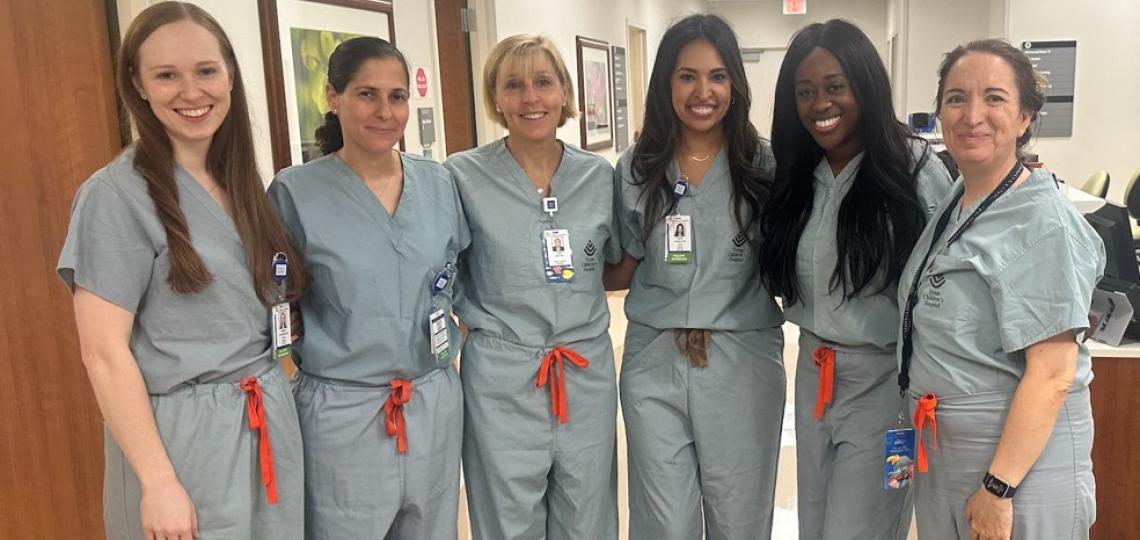
The Reproductive Endocrinology and Infertility Fellowship program is an integral part of the REI division in the Department of Obstetrics and Gynecology. Our three-year program focuses on clinical activities in the first year and primarily on research in the following two years.
See breakdown of academic year below:
Rotation Schedule for First-Year, PGY 5
- August - July: Clinical and Clinical Electives
Rotation Schedule for Second-Year, PGY 6
- August - July: Research and Post-doc Courses
- August (Three-week course): Clinical translational research-certificate of added qualifications
Rotation Schedule for Third-Year, PGY7
- August - February: Research and Clinical Electives
- March - July: Clinical
Research
REI fellows will participate in the Clinical Scientist Training Program (CSTP) at one of several possible levels. The option of pursuing a Master of Science and Clinical Investigation (2 years) or a Master of Public Health (2 years) during the fellowship is available. If interested, please inquire about the additional time commitment (6 months) and applicable fees. All fellows will be required, at a minimum, to complete the CAQ.








